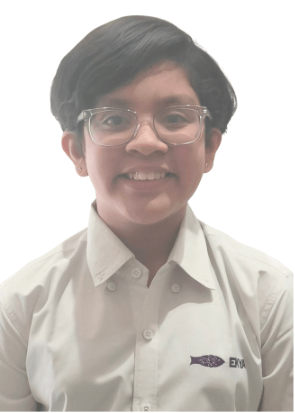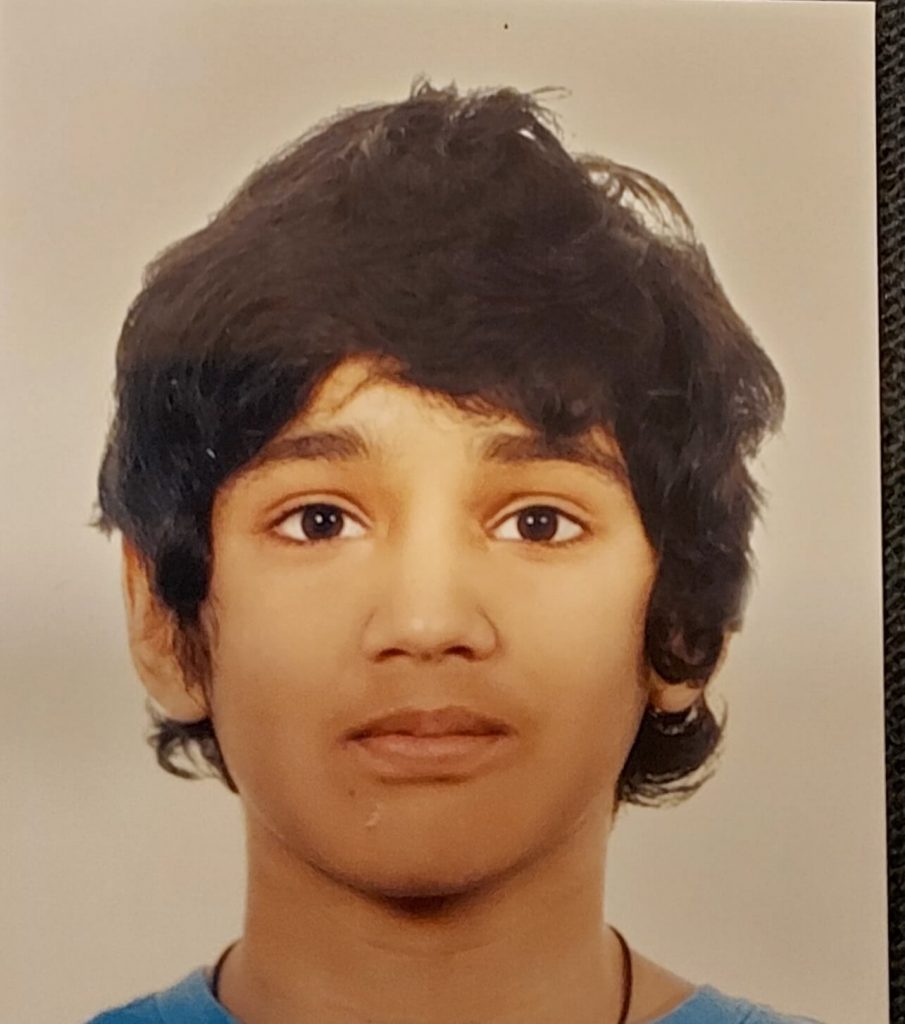Our Schools
It’s now very common in the world that education is only through writing and rote. This vicious cycle goes on and on and on! Pretty boring isn’t it? Did you know that a hundred years ago, education was practically the same as it is now? Everything around us is evolving, so why not our educational system?
Rote learning is of no use. Studies show that toppers tend to learn by rote and often forget everything they’ve learnt along with a huge lack of social skills due to the time they spend memorising, turning out to be the opposite of smart. With rote learning, we only memorise formulas, topics, rules and sums before an exam, and after that, the concept is forgotten. Just think about it, if you ask a topper a simple formula from their 6th grade syllabus, they’d be blank! Do society and flashy entrance exam posters want us to become a machine or do they want us to learn?
You might be thinking if I don’t memorise all my topics, how on Earth would I be able to learn?! The answer’s quite easy. Experience-based Learning. This way of teaching is now spreading far and wide and is seen to have much better results than the usual rote learning. Let me give you an example: You’re a grade 7 student and your class has a two-week trip planned to go to rural Karnataka and learn their culture and way of life. You come back from this trip with not only memories but learning as well. You learned so many skills, such as having a fluent conversation in Kannada, the way of the Panchayat and how it is different from our government and many life skills as well and at the same time, you took an awesome trip with your friends.
Students will have to prepare for the trip or else they’ll understand absolutely nothing and not learn anything at all. In Experience-based Learning, students not only learn concepts (which would happen before the trip) but can apply them in the real world in the form of such trips. It allows students to not only learn concepts but also use them in daily life. These experiences allow students to easily connect with the concepts they’ve learnt and even the most negligent student would be able to learn and remember these concepts by using them in real-life situations. Sounds pretty fun, doesn’t it?
Experience Based Learning not only happens through trips, it can happen in many different ways. This way of learning also includes MUNs which prepare students for debates in workplaces, how to collect and present information properly and also teach them the civics and history of our world today. Extempores and races prepare students to be able to easily work, think and strategize under pressure. I could go on forever, but I think you get the gist.
Overall, Experience Based Learning is a great way to learn how to use the topics you learn outside the classroom. I bet you would want to learn your concepts this way too! What are you waiting for, let’s incorporate this way of learning for a brighter and better future. I’m so happy I’m in a school where Experience-based Learning is valued and used for a better future.
Grade 7A
A knight with great confidence
The Guiding Light
Education is not limited to the mere transfer of knowledge from textbooks to students. It encompasses much more than that. As teachers, we have the noble responsibility of not only providing academic education to young minds but also moulding their overall character. The influence we have on our students can leave a long-lasting impact on them, as we assist them in becoming responsible, empathetic, and well-rounded individuals. Being a Role Model
Young minds observe our actions, values, and attitudes closely in the classroom. Demonstrating integrity and a strong work ethic inspires them to emulate these qualities.
Instilling Values and Ethics
Teachers have a unique opportunity to instil virtues such as honesty, respect, responsibility, and perseverance in their students. By integrating these values into our lessons and daily interactions, we can help our students develop a strong moral compass that will guide their decision-making throughout their lives.
A teacher’s support and encouragement can significantly impact a student’s self-confidence.
By recognising and celebrating their achievements, big and small, we can instil a sense of self-worth in our students.
We must also help them navigate failure and setbacks with resilience and a growth mindset.
This way, they learn that setbacks are growth opportunities and not reasons for self-doubt.
As teachers, we can have a profound influence on the lives of our students beyond the academic realm. We play a pivotal role in shaping their character and moulding them into compassionate, responsible and resilient individuals.
As a Teacher, I would want to empower my students to become the best version of themselves.
So, let us embrace our role with pride and dedication, knowing that we are the guiding light that illuminates the path for the leaders of tomorrow!
Lakshmi R A Math Educator Ekya EJPN












Leave a reply